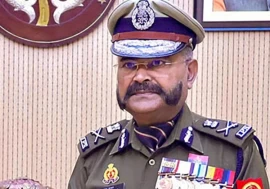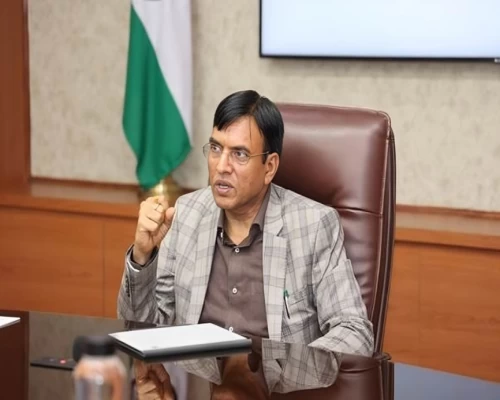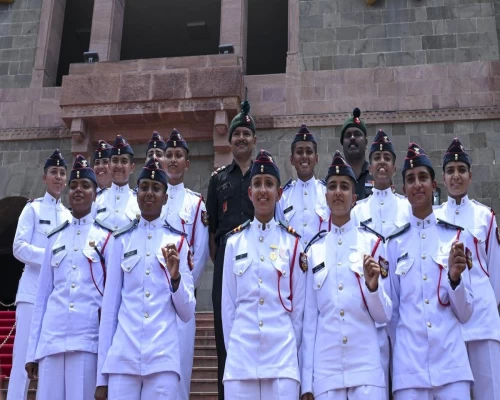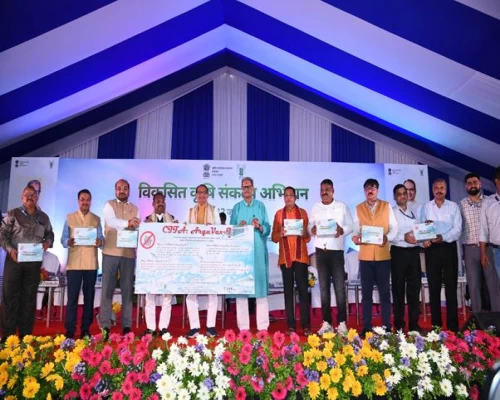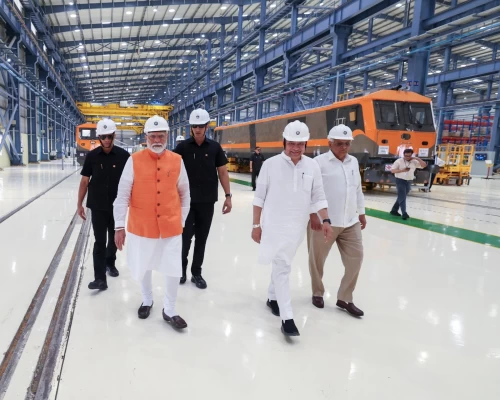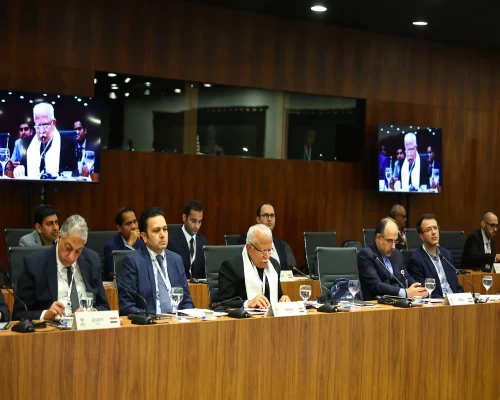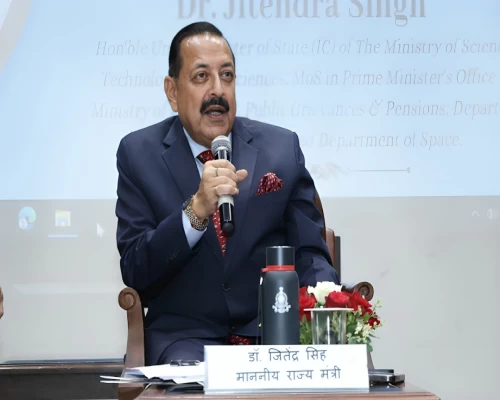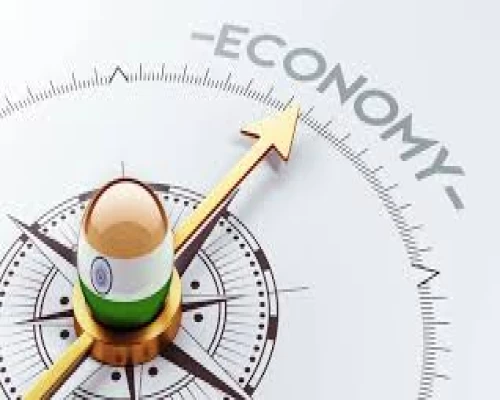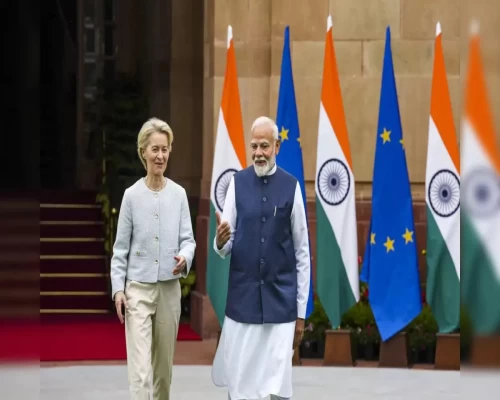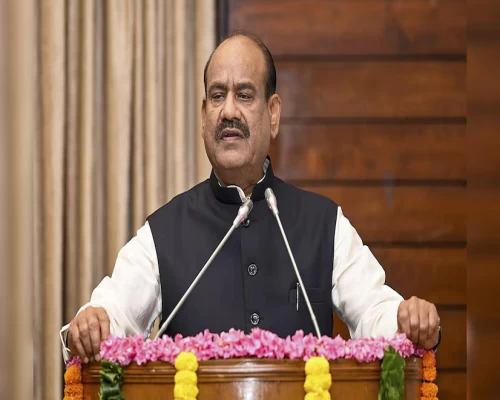
New Delhi: The health sector has to play a crucial role in achieving the objective of a $ 5 trillion economy, said Vice President Jagdeep Dhankhar while addressing ‘FICCI HEAL- 2022’ organised by the Federation of Indian Chambers of Commerce and Industry here recently.
The Vice President invited everyone to work on the goal of universal healthcare. He said, “Let us work together, public and private, centre and state, citizen and government for our collective dream of universal health care, affordable accessible, advanced and quality healthcare for our people.”
Dr Sangita Reddy, Past President, FICCI and Joint MD, Apollo Hospitals, noted that the transformation and scaling of health access in the last five to seven years give ‘a glimmer of hope that universal health care will become a reality.’
She alluded to the e-Sanjeevani platform with six crore tele-consultations, about 17.7 crore beneficiaries under Ayushman Bharat and 219 crore Covid-19 doses facilitated through the COWIN platform and said that “the pace of inclusion, involvement and the push towards universal health care in our country is here to stay.”
Dr Reddy, however, put forth three industry pain points needing redress from the government. First, she noted, was ‘National Priority Status’ for health to enable more significant funding and infrastructure enhancement. Secondly, she emphasised ‘support for hospitals which are put up in tier three and four cities and rural India.’ Lastly, she stressed, ‘healthcare must be able to avail the input tax credit through a zero rating or even a low rating of 3 to 5 per cent.’
Dr VK Paul, Member, NITI Aayog, said that the public health cadres are being operationalized, while alluding to two major medium-term investment programmes in the infrastructure front: Rs 77,000 crore of total grant to be dispersed over five years for primary health care, infrastructure and diagnostics under the 15th Finance Commission.
The other is Ayushman Bharat Infrastructure Mission which has Rs 64,000 crore for disbursal over five years for infrastructure development. “If you add this up and divide by the number of districts, each district has a potential of Rs 200 crores of investment over five years,” he said.
Dr Paul also noted that Medical Value Travel is a high priority for the government, and ‘major engagement and facilitators enablers would come up in a short span of time.’ He also underscored the need for a tailored insurance product for the middle class in the country. “Only 6.8 per cent of individuals have private insurance,” he said, adding, “NITI has been talking about this missing middle of 30-40 crore who need insurance.”
He also encouraged the private sector to take greater responsibility in PG training and develop infrastructure to cater to the country's evolving healthcare needs and opportunities. He added that healthcare infrastructure cannot be developed by the public sector alone.
Gautam Khanna, Chair, FICCI Health Services Committee and CEO of PD Hinduja Hospital and MRC, said that about five million people are directly employed, and there is an opportunity to create one million more jobs in the sector. He noted that it is crucial to view healthcare as a contributor to the country's overall economic growth and lay a greater emphasis on healthcare spending, as well as favourable policies for increased investment and research in the sector. /BI/


